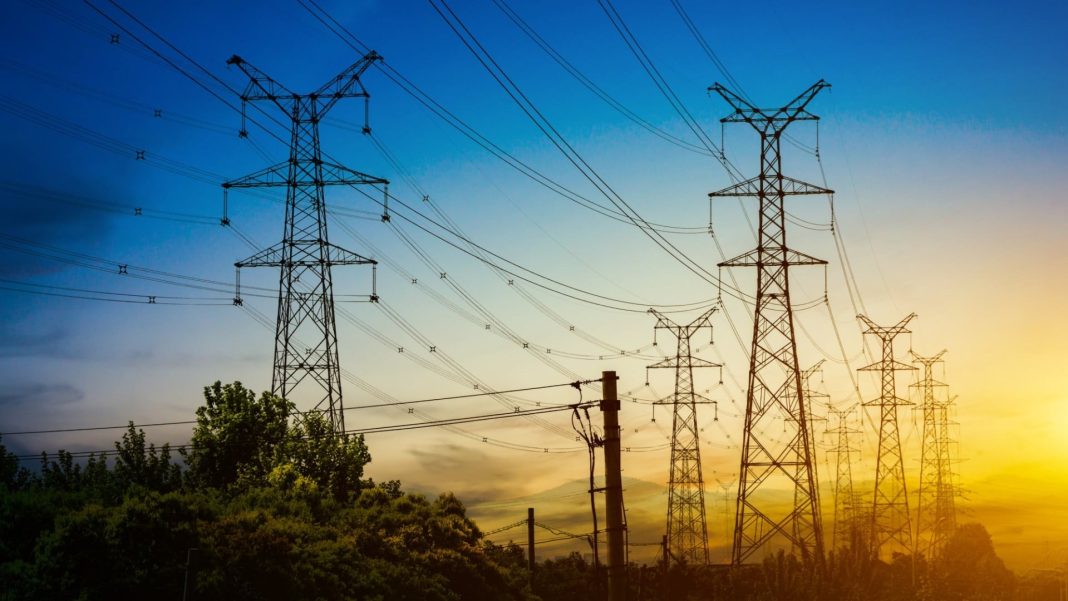ISLAMABAD: A Bloomberg report has revealed that electricity bills in Pakistan have now exceeded the cost of household rent, considering that electricity prices surged by 155% since 2021.
According to the report, the tariff increase has driven electricity costs above the average rental rates for homes.
The report attributes the soaring inflation to the government’s compliance with the International Monetary Fund (IMF) loan conditions, which have necessitated hikes in electricity tariffs and other economic reforms.
“The South Asian nation — where nearly half the population survives on less than $4 a day — has seen electricity prices surge 155% since 2021 after the government started hiking industrial and retail rates to bolster its chances of securing loans from the International Monetary Fund”.
Inflation in Pakistan is currently hovering around 12% with nearly half of the population earning less than $4 a day, further straining their purchasing power amid rising costs for electricity, fuel, and essential goods.
In July, the government raised the average per-unit electricity price for residential consumers by 18%, part of a broader strategy to meet IMF loan requirements, which also included increasing taxes and prices of basic commodities.
“The average per-unit electricity price for residential users rose 18% in July when the country secured a new $7 billion loan from the IMF. Many residents have since seen electricity bills — typically a fraction of household expenses — surpass rents that range from $100 to $700 a month”, said Samiullah Tariq, head of research at Pakistan Kuwait Investment Co.
The Bloomberg report also mentioned that Pakistan and the IMF have agreed on reducing costs in the energy sector and privatising state-owned electricity distribution companies as part of the bailout program.
According to Pakistan’s power regulator, approximately 16% of the electricity produced in the country is lost due to theft and transmission inefficiencies, contributing to the growing circular debt crisis. –Agencies





